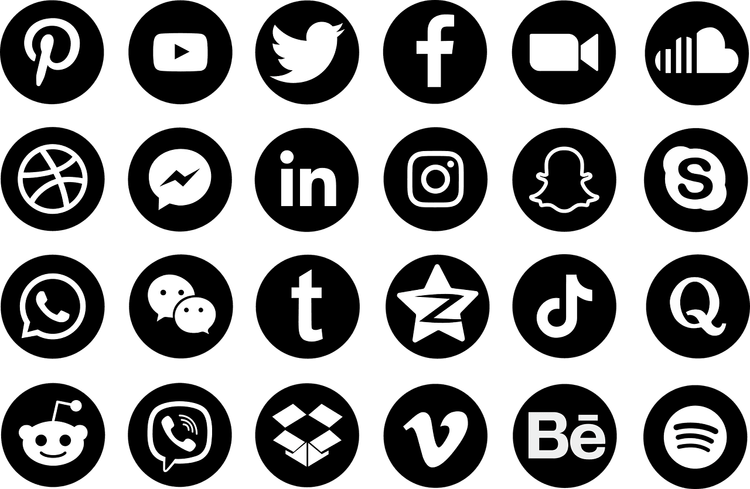GitHub has introduced Copilot Workspace, an AI-driven developer environment designed to streamline how developers brainstorm, plan, build, test, and run code. Announced at its 2023 user conference, Copilot Workspace is now in technical preview, with developers able to join a waitlist for early access.
Copilot vs. Copilot Workspace
What distinguishes Copilot Workspace from the original GitHub Copilot launched in 2021? Jonathan Carter, head of GitHub Next, explains that Copilot primarily assists in completing existing code, synthesizing within a single file, and minimizing repetitive tasks. While it has significantly impacted the coding landscape, it has inherent limitations due to its user experience design.
Carter states, "The original GitHub Copilot was one of the first real-world applications of AI in coding, showcasing its potential." Since its launch, multiple enhancements have been implemented, including improved code suggestions, support for OpenAI’s GPT-4, and an enterprise plan.
In contrast, Copilot Workspace operates at a more complex level, focusing on task centricity to lower barriers when starting projects. "We aim to empower developers with an AI-native tool that fosters creativity," Carter emphasizes.
By eliminating some of the pressures associated with a blank page, GitHub aims for Copilot Workspace to ease the coding process.
“Imagine a developer environment that integrates AI throughout the development lifecycle instead of merely adding extensions,” Carter adds.
Impact on Enterprise Developers
The main benefits for enterprise developers using Copilot Workspace are enhanced productivity and job satisfaction. GitHub believes that streamlining idea exploration and implementation will allows organizations to operate with the agility of smaller companies.
Carter also highlights the importance of standardization: “When developers follow a structured workflow, it fosters skill consistency across teams, minimizing the resources needed for training and upskilling.”
He theorizes that codifying guidelines could allow Copilot Workspace to automate best practices in code, although this feature isn’t currently available.
Features of Copilot Workspace
Copilot Workspace is tailored for everyday development tasks, including creating new repositories, iterating on tasks, and managing pull requests. It offers four key features: full editability, an integrated terminal with secure port forwarding, collaborative functionality, and an optimized mobile experience.
Editability
Every AI-generated suggestion is fully editable, ensuring developers maintain control throughout the coding process. Carter asserts, "Human-AI collaboration yields better outcomes, and everything in Workspace is AI-generated yet human-editable."
Integrated Terminal and Secure Port Forwarding
Workspace includes a terminal for immediate coding verification, allowing developers to run tests and see real-time results without context-switching. As Carter summarizes, "You can run your code, test its functionality, and create pull requests seamlessly."
Collaboration
Copilot Workspace promotes collaborative coding, allowing teams to sync on ideas and decisions. "The workspace serves as a conversational asset that clarifies choices and simplifies complex tasks," Carter notes.
Mobile Accessibility
Available on mobile devices, Copilot Workspace enables developers to code anytime inspiration strikes. It’s designed to support full development across both web and mobile platforms, making it GitHub's first fully-featured mobile developer environment.
Future Availability
Currently in technical preview, GitHub has not specified when Copilot Workspace will be generally available. Carter affirms that GitHub is eager to gather user feedback to shape the final product. Access is granted on a first-come, first-served basis, with plans to prioritize rapid feedback from startups and small to medium-sized businesses.
GitHub is excited about the potential of Workspace in revolutionizing developer environments and is focused on refining it for broader release.







